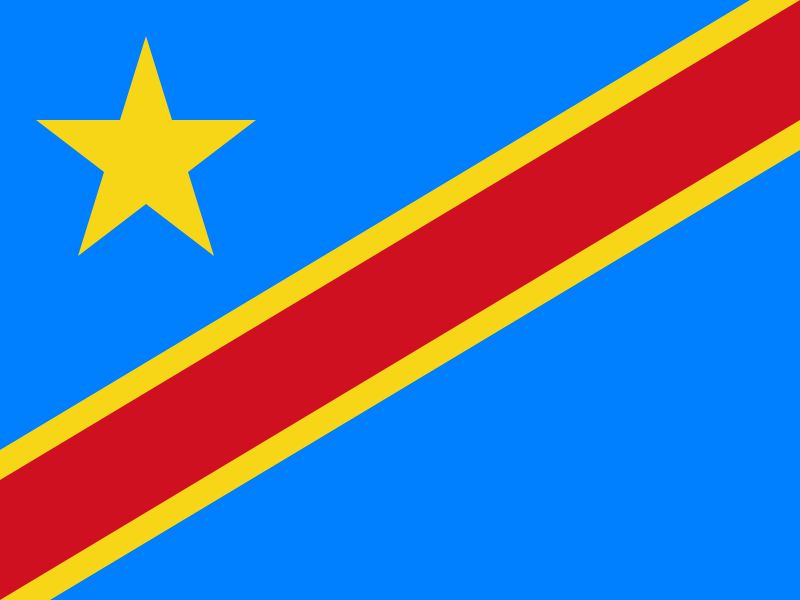Rwanda Withdraws from Regional Bloc While Fueling Ongoing Violence in DRC

6/9/2025 DRC (International Christian Concern) — Rwanda announced over the weekend that it will leave the Economic Community of Central African States (ECCAS) after being prevented from taking up the bloc’s rotating chairmanship due to concerns about its ongoing support for rebels in the Democratic Republic of the Congo (DRC).
Though Rwanda denies backing the M23 militant group active in the DRC, the United States and others have long presented credible evidence implicating Rwanda in one of the world’s most appalling humanitarian crises.
While M23’s aims are mainly political and tied to historical grievances between Rwanda and the DRC, it has caused widespread devastation among the DRC’s civilian population and continues to negatively affect the free exercise of religion in the country’s northeastern regions. DRC is largely made up of Christians, with about 95% of the population identifying with some branch of Christianity.
Another militant group active in the area, the Allied Democratic Forces (ADF), is reportedly aligned with the Islamic State group, actively advances Islamic extremism, and is known to target churches and church leaders.
While recent months have seemed to bring diplomatic progress between Rwanda and the DRC, this weekend’s move to leave ECCAS is a sign that the road to peace will not be short. Even if Rwanda does wind down its support for M23, it is not clear whether the change would immediately affect conditions on the ground. An estimated 120 militant groups are active in the country, complicating lasting efforts to bring peace.
M23 has made significant territorial gains in recent months, displacing hundreds of thousands of civilians in the path of a militant operation marked by horrific acts of violence and cruelty. In the last two weeks of February, as M23 made advanced across northeastern DRC, the UNHCR recorded 895 cases of rape or an average of more than 60 per day.
In February, local sources revealed the massacre of 70 Christians in DRC’s eastern Lubero Territory near the country’s border with Uganda and Rwanda. Early reports indicated that the Allied Democratic Forces (ADF) were responsible.
Members of the militia reportedly detained many Christian villagers before tying them up in a local protestant church and decapitating them with machetes.
Responding to ADF attacks in January, pastors in North Kivu province told International Christian Concern (ICC) that the violence often targets Christians and has decimated churches.
“We are no longer talking about simple violence,” one pastor said. “We are losing fellow innocent Christians time and again. Our churches are now remaining empty … the people of the Lord are suffering, and it’s just not bearable to watch.”
U.N. peacekeepers in the country are working to protect hundreds of thousands of displaced persons, but have experienced increasing difficulty in executing their mission because of rebel advances.
The U.N. mission has become increasingly unpopular with Congolese government leaders in recent years. In December 2023, the U.N. Security Council approved the withdrawal after Congolese President Felix Tshisekedi requested a fast-tracked withdrawal some months earlier.
The U.N. mission, known as MONUSCO, began to pull out of the country in February 2024. MONUSCO has worked in the country for more than 13 years and before the drawdown boasted nearly 18,000 personnel, including about 14,000 armed troops. Recent terrorist victories seem to be partially a result of the power vacuum left by the forced U.N. withdrawal.
To read more news stories, visit the ICC Newsroom. For interviews, please email [email protected].
